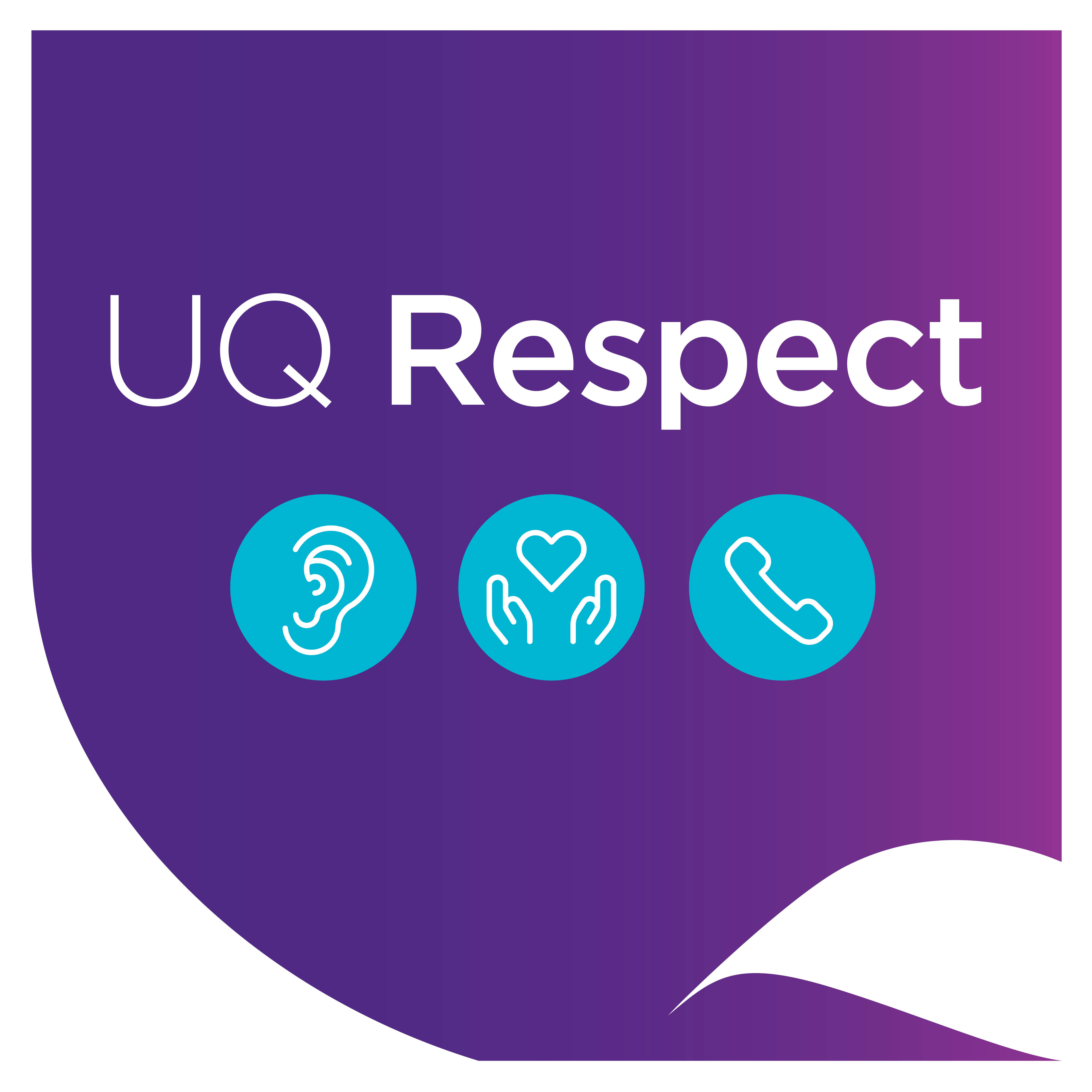Help a survivor (Listen, Support, Refer)
When someone experiences sexual assault or harassment, the people they choose to talk to about it play a vital role.
Some survivors wish to disclose their experience while other survivors choose to disassociate from the experience and avoid recognition or engagement with the topic. All of these reactions are normal and it’s important to support a survivor in making choices that feel comfortable to them.
It can be difficult to know how to respond and you may be unsure about how to help. Read the steps below or download our guide (PDF, 1.1 MB) to make sure that your response is non-judgemental, compassionate and supportive.
5. Look after yourself
Remember to take care of yourself. Hearing another person’s experience of sexual assault can be difficult and it’s normal to be impacted by the experience.
It’s important to be able to recognise when we aren’t coping so that we can also take care of our own wellbeing.
Vicarious trauma refers to the cumulative effects that can occur as a result of hearing, seeing and learning about the traumatic experiences of others. Vicarious trauma can have significant impacts on our mental health and can even change the beliefs we hold about the world, ourselves and others. It’s important to look after yourself when supporting someone who has experienced sexual violence. This might including practicing self-care and/or seeking support from a professional. UQ has a number of self-help resources available online.
The impacts of vicarious trauma can resemble the impacts of experiencing trauma directly. If you think you might be experiencing vicarious trauma it’s important to reach out and seek support. UQ has a range of wellbeing supports available to support both students and staff. Free counselling is available to students through the UQ Counselling service. Staff can access free, confidential support through the Employee Assistance Program (EAP).
You may be experiencing vicarious trauma if you
- find it difficult to manage your emotions and/or make decisions;
- feel helpless and powerless;
- lose a sense of hope or meaning;
- feel hyper vigilant or on edge;
- have difficulty sleeping; and
- feel unusually irritable or angry.
Help manage the impacts of vicarious trauma by engaging with our Sexual Misconduct Support Unit (SMSU) and First Responder Network (FRN).
You can also manage the impacts of vicarious trauma by seeking comfort from your own support network and by participating in grounding activities such as exercise or mindfulness.
Need emergency support?
If you are experiencing an emergency or need urgent support in relation to an experience of sexual assault or harassment, then you can call:
- +61 7 3365 3333 UQ Security for on campus emergencies
- 000 for immediate police or ambulance assistance
- 1800 Respect 1800 737 732 for 24/7 counselling support
- Sexual Assault Response Team (SART) 07 3646 5207 for 24/7 Acute Response
- External community support options in Queensland

